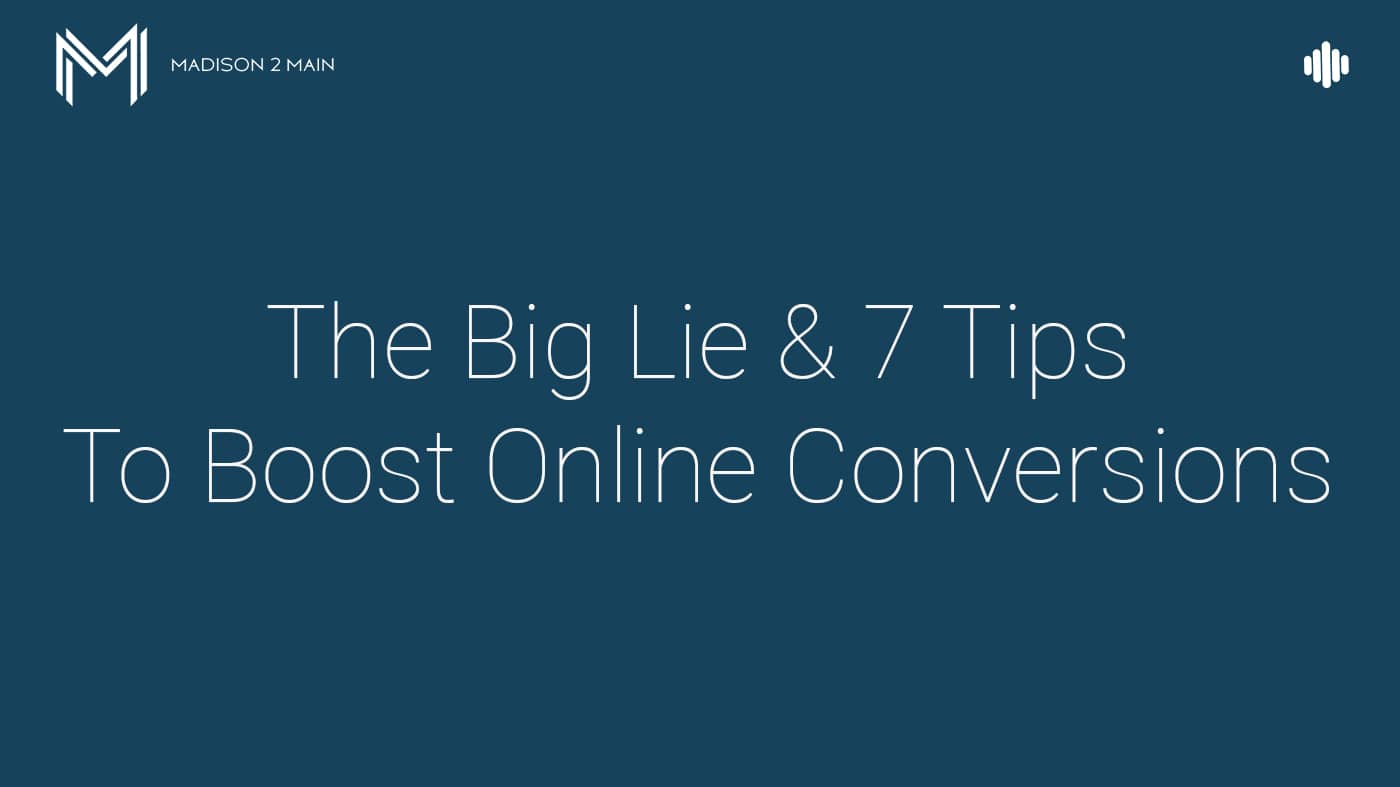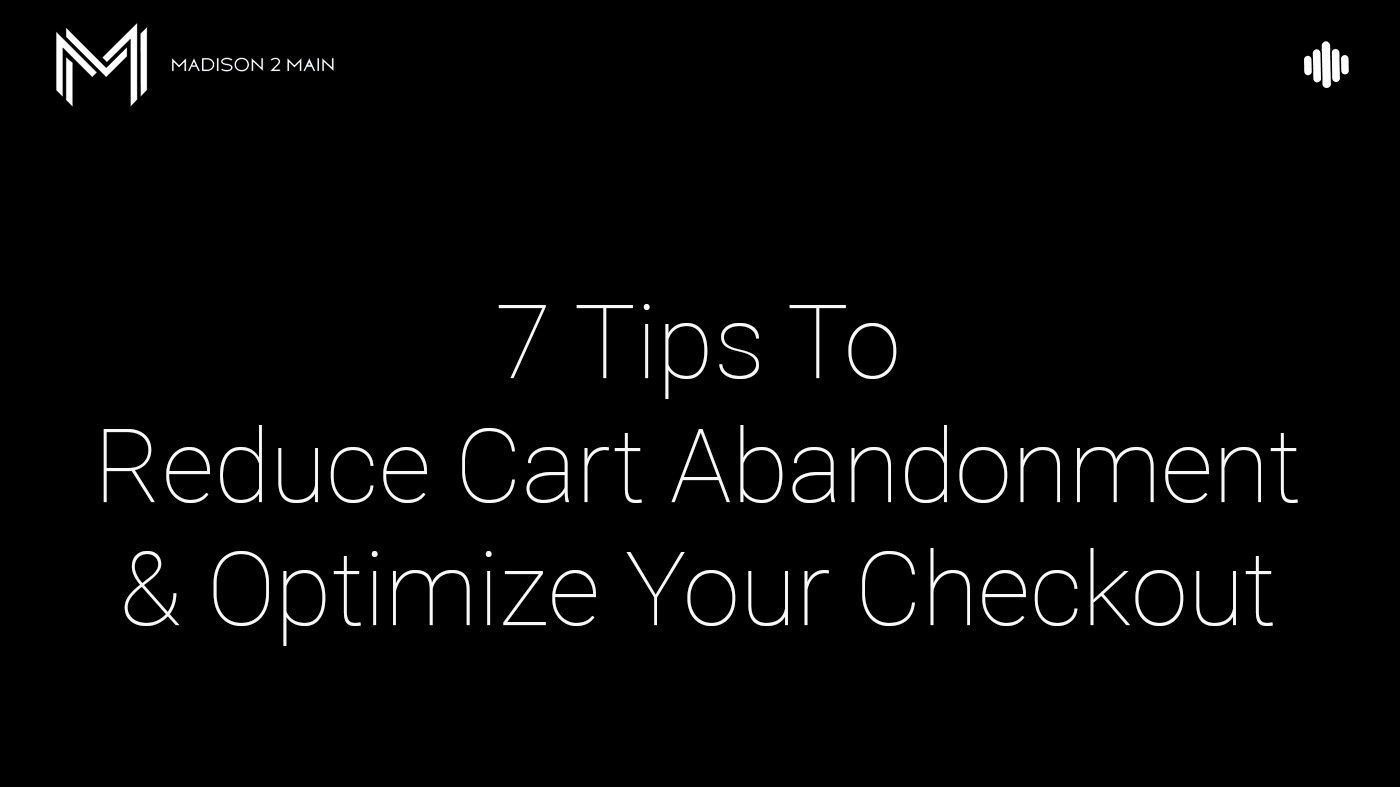I was sitting across a Starbucks table from a middle-aged businessman. He was dressed in a plaid sweater vest, bow tie, and round, gold metal eyeglasses. Our conversation carried on like many I had before. He explained his B2C service-based business, the troubles he was having with slow growth and how he was looking for a marketing solution to this. I lamented with him about the slow growth. It can be tough out there! Then remarked how marketing is a marathon and a foundation to build future growth on, not necessarily a quick fix. He nodded in agreement.
I proceeded in detail about a couple of digital marketing solutions that had proven to work for other businesses in his industry. He seemed interested and asked for more information.
Since we had broached the topic of cost in previous discussions, I asked. “How much are you allocating to your marketing budget?”
“Hmm, well. I’m not quite sure, I was hoping you could tell me what your pricing was.”
A Marketing Budget is Essential
Unfortunately, this type of response comes up a lot in my conversations with small business owners or representatives. Many small businesses don’t know what their marketing budget is, or furthermore what types of marketing should go into it.
When it comes to marketing, there aren’t any ‘one size fits all’ marketing plans. Too many times, I have a meeting with a client who may really need some assistance with social media, email marketing, website development or SEO. Yet they don’t have a firm grasp on how much they can afford to spend.
For some reason, marketing seems to be left out of the budget equation with a lot of small businesses. There may be many businesses trying to make it work on referrals and repeat business and do quite well. Then, there is a dry spell. Yikes! If only all along, they had a growth plan that would have built up an audience and created funnels for conversion.
Marketing is essential if the goal of your company is to grow and be prosperous. I’ve consulted with a number of clients who don’t have a marketing budget. Or, they don’t know where to start to formulate one. There are several factors that should be considered when determining your budget.
Determine your Marketing Budget
The amount companies spend on marketing tend to be variable. There are several factors that go into play. Factors include the type of industry you’re in, the size of the business and where the business is in its growth. Additionally, factor in whether the company is a B2C or B2B. Higher allocations tend to be from B2C product and service companies in comparison to B2B companies.
With all these considerations, it is difficult to give an overall blanket recommendation for marketing spend. In order to provide a clearer calculation for your particular company, I’ve broken down the average spending per type of business in the recent past.
On average companies in both B2B firms and B2C firms leveled out at 11% in 2018. B2B firms tended to budget an average of 6-7% of their revenue. However, B2C companies did spend as much as 16% in some industries such as consumer services with an average in the 9-12% range for all industries.
Higher end marketing budgets are also seen with startups or businesses in their infancy. These businesses historically will allocate 12%-20% or more of their revenue into their marketing.
Just for fun, let’s determine the marketing budget of a B2C company that has a revenue of $200,000 annually. This company decides it can allocate 10% of its revenue toward marketing. That would be $20,000 per year toward expenses such as digital and/or traditional marketing.
Your CFO or accountant can help you obtain your revenue numbers and predict the coming years’ numbers based on history. They can help you decide which percentage of revenue would be a good starting point for your company depending on your type of business, revenue, your current growth stage, and your industry.
Determine your Marketing Channels
Once you’ve determined how much your marketing budget is, it’s time to figure out which of the media channels you’ll be spending it on. This again, is not a ‘one size fits all’ solution. It’s best to consult with a marketing company, such as Loud Canvas, that has successful case studies with your particular industry.
Both traditional and digital marketing should be considered. Digital marketing such as PPC, search engine optimization, display advertising, social media management, and email marketing, as well as traditional such as TV, radio, and print are all valid choices for marketing needs. More traditional marketing channels such as radio ads can direct a user to your digitally marketed website for a special offer.
The small business and marketing agency will then be able to determine how well that particular campaign did by reviewing your analytics. While utilizing one media channel, such as SEO will be quite impactful to your bottom line, it will not bring as much ROI as having a well-rounded marketing strategy that works several channels to your companies advantage.
Where you spend your budget, depends on the demographics of your audience and where they tend to hang online. The type of your business, whether it is a B2C or B2B comes into play again. From a social media perspective, Facebook has continued to be a force over the past 6 years with the highest percentage of total network users. This has leveled off a bit in the past couple of years but continues to increase. Instagram is showing dramatic increase year after year and comes in 2nd for the most widely used social platform. From a search engine perspective, Youtube is the second widest used search engine grabbing the attention of 94% of 18-24 years olds. Then of course, Google continues to be in the lead. Email marketing historically has the highest reported rate of return. Social media, search engine, and email marketing can be used together with PPC ads to grab and maintain the attention of your audience.
When you work with a company like Loud Canvas, we can assist with determining which media channels are best for your industry. We utilize traditional and digital components of marketing. Once you’ve determined your marketing budget, we’ll be able to develop a strategic effort to align other media to work for your business goals.
Resources
https://www.forrester.com/report/US+Digital+Marketing+Forecast+2016+To+2021/-/E-RES137095
https://www.emarketer.com/Chart/US-Total-Media-Ad-Spending-Growth-2010-2021-change/207079
https://www.getresponse.com/blog/email-marketing-beyond-free-report




